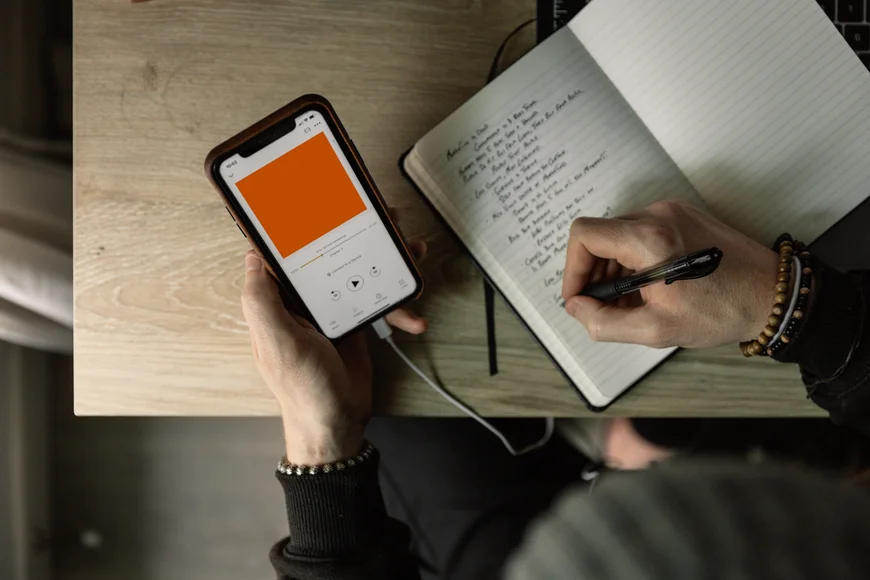IELTS Listening- Beware of the Distractors!
A common trap in the IELTS listening that students are likely to fall into is the distractor in the listening audio. Distractors are very common in the form corrections where you will hear alternate answers that are usually incorrect.
Examiners in the listening section of the IELTS are looking for candidates’ ability to listen effectively. A lot of times students get the answers wrong because they are not able to understand the accent of the speaker, they lose concentration, make spelling errors or, exceed the word limit for the answer. But, students also get their answers wrong because of the distractors. The speaker will give you wrong information which you are likely to think is the correct answer but, students often miss out on the new or corrected information which will in fact turn out to be the correct answer instead. However, it is very obvious to get distracted by the information you hear first. Do not assume that the first thing you hear will be your correct answer but, listen carefully to what will come after that.
For instance, you will hear the information in different versions where one of the information is correct and the other one is not. What makes it challenging is that you will only hear the recording once.
A lot of times the distractors come in the form of similar sounds, corrections or synonyms. There are words that sound very similar and the examiners want to see if you are able to figure out the difference to get the right answer. The sounds of teens and tens for numbers sound similar for instance, ‘nineteen’ and ‘ninety’.
There are corrections where the wrong answer is given first that are usually followed by the right answer and the examiners are looking for your ability to see if you are able to understand the context and the content rather than just jotting down the first answer that you hear.
Distractors can also come in the form of synonyms and examiners are testing your ability to understand the context and content with different distractors. For instance, the speaker instead of simply saying 6633 can say ‘double six double three’.
How to avoid the distractors?
The best way to avoid the distractors is becoming familiar and aware of it which will help you spot these distractors which are more common in the listening section one. A way to avoid these distractors is getting into the habit of making predictions when a question is likely to include a distractor. Another way is to write down all the possible answers to a question that you hear and crossing out the incorrect ones. Of course, this is only possible when you are able to manage time and unless you do not miss out the answers to other questions when taking notes of all the possible answers. Additionally, distractors often involve numbers so be extra careful when you hear numbers, dates or year.
Watch out for words like ‘sorry’, ‘mistake’ or ‘no’ because these are words that indicate the answers are wrong and will be corrected.
Overall, you should listen carefully when suggestions are being made as you will also hear suggestions that will not be taken. Listen to corrections made by other speakers because they are usually made to correct the mistakes or the wrong answers.
Again, practicing various listening questions with distractors is the best way to avoid them!
Remember! Practice is the key!














